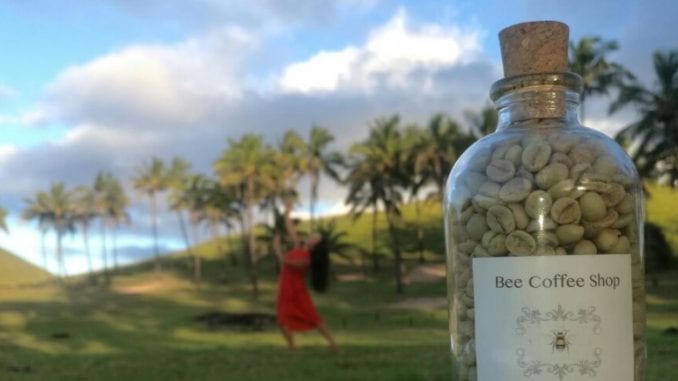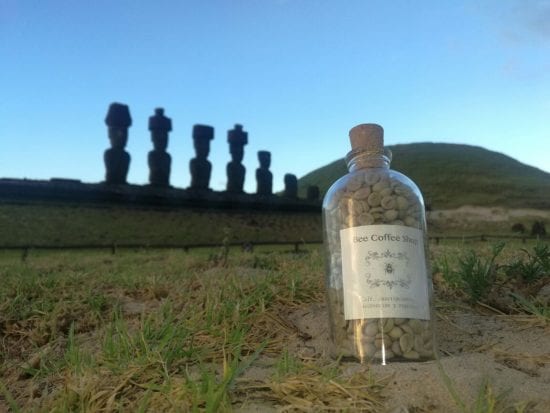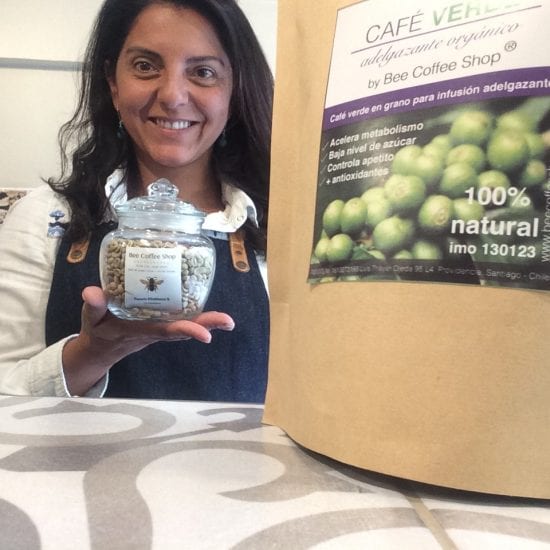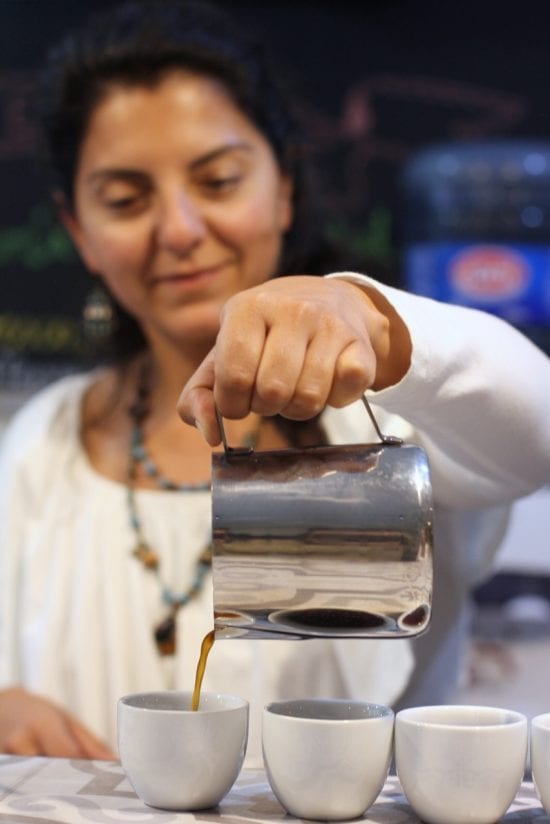
Collaborative project aims to develop high-quality coffee on Easter Island.
BY CHRIS RYAN
BARISTA MAGAZINE ONLINE
Photos courtesy of AgroWine Lab
Located just south of coffee-producing countries like Bolivia and Peru, Chile has many of the natural conditions beneficial to growing coffee, but currently has no commercial production. A new endeavor is trying to change that, with scientists, coffee professionals, and food experts joining together on a pilot project that aims to grow specialty coffee on the Chilean territory of Easter Island.
Leading the project are Chilean coffee-importing company Bee Coffee Shop, the Latin American Alliance of Specialty Coffee (Latam SCA), and agro-wine business accelerator AgroWine Lab. The focus of their efforts is creating a specialty-coffee origin in Easter Island—known locally as Rapa Nui—a 63-square-mile island in the southeastern Pacific Ocean, perhaps best known for its signature stone statues. The pilot project will plant one hectare of commercial specialty coffee, providing best agricultural training to Rapa Nui inhabitants to grow high-quality coffee.

Pamela Villablanca, Bee Coffee Shop’s Coffee Hunter, says coffee arrived in Rapa Nui between 1800 and 1860 from Dutch colonists, but Rapa Nui’s coffee farms have long been abandoned. However, a small amount of wild coffee continues to grow at Rapa Nui, and the project will enlist genetic researchers to discover more about these varieties. Maximiliano Morales from AgroWine Lab said in an announcement that the project will study the wild coffee and then form a plan for developing specialty coffee in the region. “We are going to work with the public-private sector to articulate a roadmap of specialty coffee from Rapa Nui so all the aspects will be covered: genetics, farming, methods, roasting, branding, marketing and sales perspective,” he said.

The project’s members say one of their main goals in developing a specialty-coffee region in Rapa Nui is for the local farmers to play an active role. “It is important to be able to develop a collaborative work with the islanders, because the knowledge and methodologies are for their benefit,” says Pamela of Bee Coffee Shop. “We are dedicated to high-quality coffee and delivering coffee growers the tools to reach [this goal].”

While the pilot is starting small with one hectare of coffee, AgroWine Lab’s business accelerator is holding working sessions to develop a strategic plan to search for investors who can help continue the organic growth of the initiative. Maximiliano of AgroWine Lab says the team is excited not just for the possibilities that can be discovered in coffee from Rapa Nui, but also in the opportunity to build on Chile’s global reputation as a top food producer known for its high quality and traceability standards.
Maximiliano adds that while coffee from the region has been slow to develop, he is extremely excited at the potential the group is now seeing. “There is no explanation why coffee was never a real business in Rapa Nui,” he says. “It has been lost in time for over 200 years—it’s crazy! But thanks to this alliance, it is finally moving forward.”

